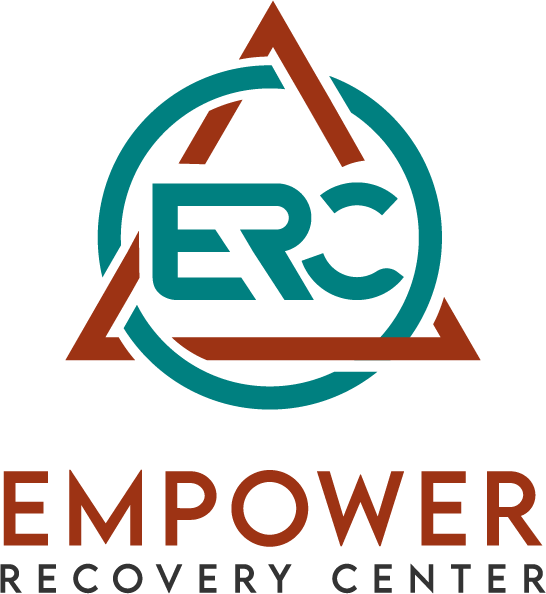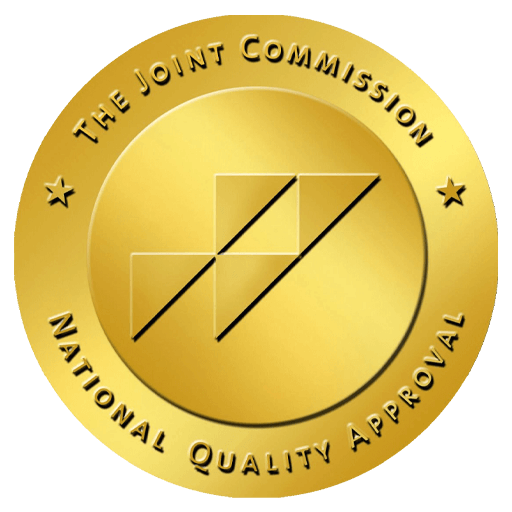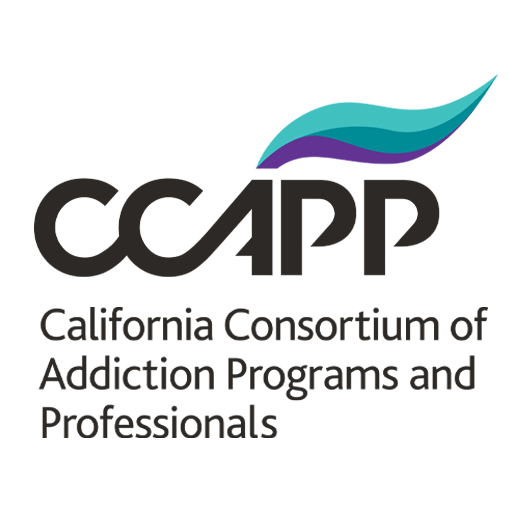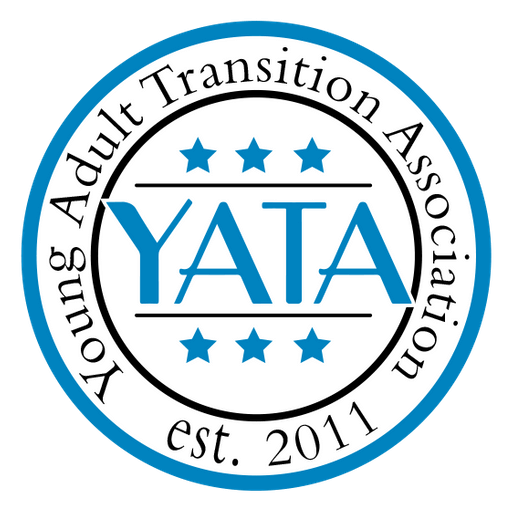What Are Failure to Launch Programs?
Failure to launch programs are specialized interventions tailored to assist young adults who struggle with transitioning into independent adulthood. These programs often address a wide array of issues, ranging from mental health challenges to motivational deficits, that impede the natural progression into self-sufficient living. As a seasoned professional at Empower Recovery Center, I have seen firsthand how these programs can be a transformative catalyst for those stuck at this critical life transition.
Typically, these programs incorporate elements like life skills training, mental health therapy, and career counseling. These components are integral in addressing the myriad of challenges faced by young adults who remain dependent on their families longer than expected. Failure to launch programs aim to provide a holistic approach, ensuring participants not only survive but thrive independently.
Why Choose the Best Failure to Launch Programs?
Choosing the best failure to launch programs can be pivotal for families desperate to see their loved ones succeed. The right program can offer a blend of practical skills and emotional support that young adults require to take those first steps towards independence. In my two decades of experience, I have observed that the programs that stand out are those that customize their approach to fit the unique needs of each individual.
For example, if a young adult faces anxiety or depression, a competent program will integrate psychological support with coping strategies to manage these issues. By emphasizing personalization, these programs can foster a nurturing environment where individuals feel safe to explore their potential. This, in turn, encourages genuine growth and a move towards autonomy.
Effective programs also focus on real-world applications–be it through job placement assistance or financial literacy sessions. These practical elements are what often transform theory into practice, enabling young adults to envision and enact a future where they are in control of their destiny.
Core Elements of the Best Failure to Launch Programs
Successful failure to launch programs share several foundational elements that define their effectiveness. Based on industry standards and my experiences, these elements include:
- Life Skills Development: Teaching essential skills like cooking, budgeting, and time management.
- Therapeutic Support: Providing access to counseling and therapy to address mental health concerns.
- Career Counseling: Assisting participants in identifying career interests and opportunities.
- Community Building: Encouraging social interaction and support networks among participants.
These components work symbiotically to create a comprehensive support system that addresses not just the symptoms but the root causes of a stalled transition into adulthood. Through such integrated efforts, participants gain the confidence and competence needed to pursue independent living successfully.
What to Expect from the Best Failure to Launch Programs?
The best failure to launch programs offer structured yet flexible environments where participants can navigate their journey towards independence. Typically, these programs involve several stages that might include initial assessments, individualized planning, and gradual exposure to real-world responsibilities.
1. Assessment: The journey typically starts with a comprehensive evaluation to understand the individual’s unique challenges and strengths.
2. Individualized Plans: Based on the assessment, personalized plans are created, focusing on specific goals such as education, employment, or personal development.
3. Engagement and Adjustment: Participants are gradually introduced to new responsibilities, with ongoing support from counselors and mentors to ensure a smooth adjustment.
Throughout the process, family involvement is often encouraged, as it provides a supportive backdrop against which young adults can test new skills and build confidence.
How to Select the Right Program for Your Needs?
Choosing the right program is crucial for the success of the participant. Here are some steps to aid in this process:
- Research Extensively: Look for programs with a strong track record and positive reviews.
- Evaluate Specializations: Ensure the program addresses specific challenges such as mental health issues or learning disabilities.
- Visit the Facility: If possible, tour the facilities to get a feel of the environment and the caliber of the staff.
- Ask Questions: Inquire about the program’s approach, success rates, and post-program support options.
It’s essential to select a program that aligns with the individual’s needs and goals, providing a fertile ground for growth and development each step of the way.
Common Misconceptions about Failure to Launch Programs
Despite their growing popularity, there are several misconceptions about failure to launch programs that need addressing. One prevalent myth is that these programs foster dependency rather than independence. In truth, the best failure to launch programs are designed to empower participants to take ownership of their lives and decisions.
Another misconception is that these programs are only for individuals with severe issues. While it’s true that certain participants may have significant challenges, these programs can be beneficial for anyone struggling with the transition to adulthood, irrespective of the severity of their difficulties.
Lastly, some may believe that these programs are a last resort. In reality, engaging with a program early can provide the structured support a young adult needs to transition effectively, avoiding further setbacks and cultivating a path to a promising future.








